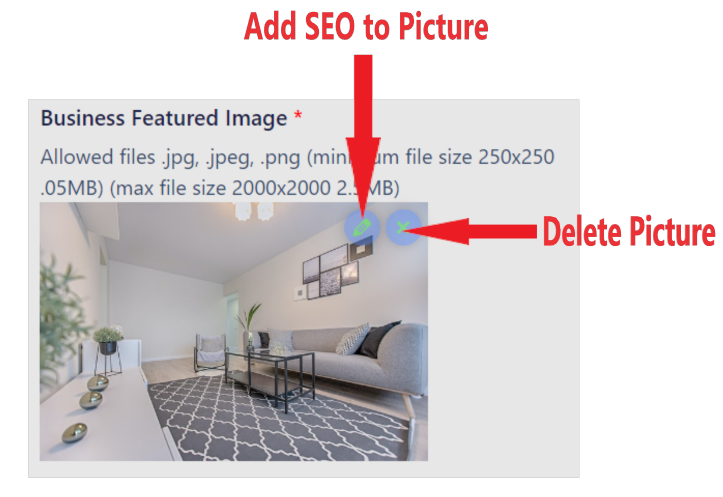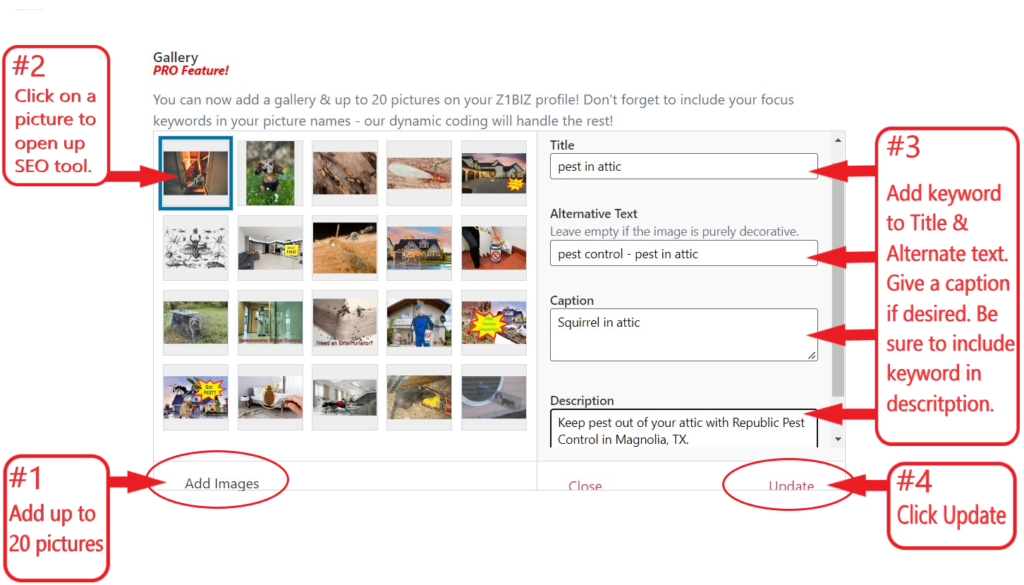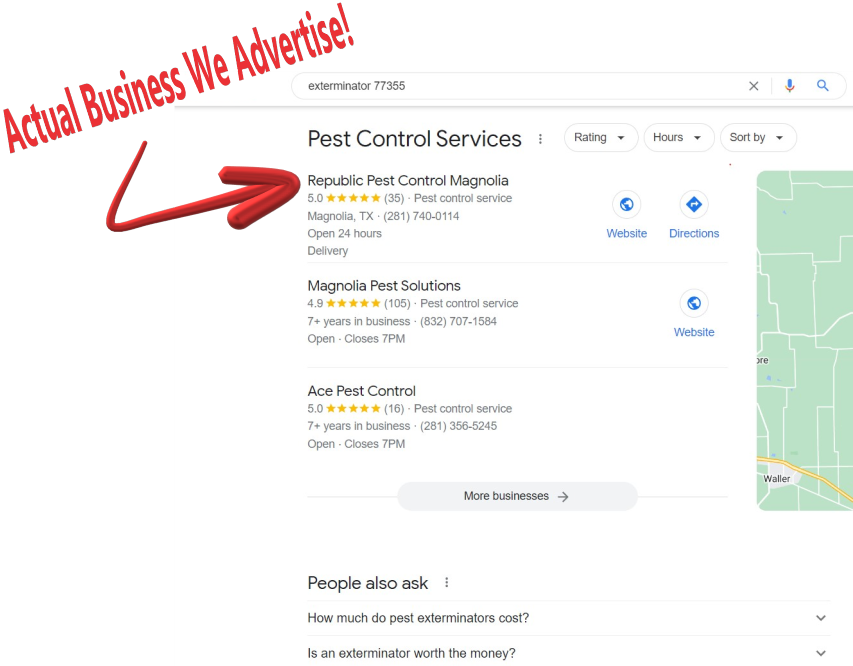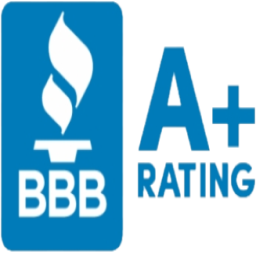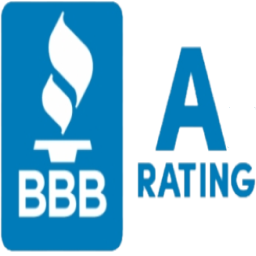What The Heck Are Rich Snippets And Schema Markup?
When searching online, you’ve probably noticed some results stand out more than others. They might include star ratings, images, pricing, or event details. These enhanced results, known as rich snippets, are powered by schema markup—a form of structured data that helps search engines understand content better.
At Z1Biz, we focus on optimizing websites to maximize visibility in search results. If you’re looking to improve your rankings and click-through rates, understanding rich snippets and schema markup is essential. This guide explains what they are, how they work, and how you can implement them.
What Are Rich Snippets?
Rich snippets are enhanced search result displays that provide additional information beyond the standard title, URL, and meta description. Google and other search engines use structured data to generate these results, making them more engaging for users.
Examples of Rich Snippets:
- Reviews – Displays star ratings from user reviews.
- Recipes – Includes cooking time, ingredients, and an image.
- Events – Shows event dates, locations, and times.
- Products – Highlights price, availability, and brand details.
- FAQs – Expands with frequently asked questions and answers.
Why Are Rich Snippets Important?
Rich snippets make search results more visually appealing and informative, leading to higher click-through rates (CTR). Since they provide immediate answers, users are more likely to engage with a result that includes extra details.
What Is Schema Markup?
Schema markup is a form of structured data written in JSON-LD, Microdata, or RDFa format. It helps search engines understand webpage content and display enhanced search results.
Think of schema markup as a translator between your website’s content and search engines. Without it, search engines might struggle to interpret specific details like product prices or review ratings.
How Schema Markup Works:
- Identifies Key Information – It tells search engines which parts of your content are relevant for rich snippets.
- Structures Data for Search Engines – Formats content using a standardized vocabulary from Schema.org.
- Enhances Search Results – Google extracts structured data to improve search result presentation.
Types of Schema Markup
Schema markup applies to various content types. Here are some of the most commonly used ones:
| Schema Type | Purpose | Example Display in Search Results |
|---|---|---|
| Article | Identifies news, blog posts, or reports | Enhances headline, author, and date |
| Organization | Provides company details | Displays logo, social links, and contact info |
| Product | Highlights product information | Shows price, availability, and ratings |
| Event | Details upcoming events | Includes date, location, and ticket info |
| FAQ | Structures questions and answers | Expands answers directly in search results |
| How-To | Explains step-by-step guides | Displays instructional steps with images |
How To Add Schema Markup To Your Website
Implementing schema markup can be done manually or using automated tools. Here’s how to do it step by step.
1. Use Google’s Structured Data Markup Helper
Google provides a free tool to generate schema markup. Here’s how:
- Visit Google’s Structured Data Markup Helper.
- Select the content type (Article, Product, Event, etc.).
- Enter the URL of the page or paste the HTML.
- Highlight and tag relevant elements (e.g., product name, price).
- Generate JSON-LD or Microdata code.
- Copy and paste the generated code into your website’s HTML.
2. Add JSON-LD Code Directly to Your Website
JSON-LD (JavaScript Object Notation for Linked Data) is the preferred method for schema markup because it keeps the HTML cleaner.
Here’s an example of JSON-LD for a product:
<script type="application/ld+json">
{
"@context": "https://schema.org/",
"@type": "Product",
"name": "Z1Biz SEO Optimization Service",
"image": "https://z1biz.com/images/seo-service.jpg",
"description": "Boost your website's ranking with Z1Biz SEO services.",
"brand": {
"@type": "Brand",
"name": "Z1Biz"
},
"offers": {
"@type": "Offer",
"price": "99.99",
"priceCurrency": "USD",
"availability": "https://schema.org/InStock"
}
}
</script>
3. Validate Your Schema Markup
After adding schema markup, validate it to ensure there are no errors. Use:
- Google’s Rich Results Test – Check here.
- Schema Markup Validator – Validate schema.
Common Mistakes To Avoid With Schema Markup
Even though schema markup is powerful, mistakes can prevent rich snippets from appearing. Here are some common errors to watch out for:
- Incorrect Formatting – JSON-LD syntax errors can cause search engines to ignore the markup.
- Missing Required Fields – Each schema type has mandatory properties that must be included.
- Misleading Data – Adding inaccurate information can result in Google penalizing the site.
- Duplicate Markup – Using multiple types of structured data incorrectly can create conflicts.
To avoid these issues, always test and validate your schema markup before publishing.
How Rich Snippets Impact SEO
While schema markup does not directly boost rankings, it improves click-through rates (CTR), which can lead to better rankings over time.
SEO Benefits of Rich Snippets:
✔ Higher Click-Through Rates – More engaging search results attract more users.
✔ Increased Organic Traffic – More clicks lead to more visitors.
✔ Improved Search Visibility – Structured data helps Google understand and display content better.
✔ Competitive Advantage – Sites with rich snippets stand out against those without them.
Rich Snippets vs. Standard Results (CTR Impact)
| Search Result Type | Average CTR Increase |
|---|---|
| Standard Result | 2% – 4% |
| Rich Snippet Result | 5% – 30% |
Rich snippets can significantly increase CTR, especially for recipes, reviews, and FAQs.
How Z1Biz Can Help
At Z1Biz, we specialize in implementing schema markup and optimizing websites for search engines. Whether you need rich snippet integration, structured data validation, or SEO strategy improvements, we handle it all.
Our Schema Markup Services Include:
✅ Identifying the right schema types for your website
✅ Implementing structured data using JSON-LD
✅ Testing and validating markup for accuracy
✅ Optimizing content for maximum search visibility
Want to enhance your search results? Check out our plans and let’s get your site optimized today!
Understanding rich snippets and schema markup is essential for improving how your website appears in search results. By implementing structured data correctly, you can increase visibility, attract more visitors, and improve engagement.
Need help? Visit Z1Biz for expert guidance on schema markup and SEO optimization. 🚀






